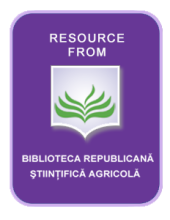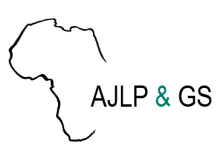/ library resources
Showing items 1 through 9 of 537.In land law, legal norms are regulating land legal relations, which represent a complex of relations that appear between the landowners in the process of land use.
The core of this book focuses on recent findings from sub-Saharan Africa, where researchers in 14 countries have explored the topic from many angles: legal, customary, political, and economic.
Foreign land grabbing is acknowledged as a phenomenon that generates disempowerment and dispossession of local farmers, human rights violations. Previous studies have revealed the lack of ethical benchmarks in foreign large-scale land transactions that raise moral concerns.
In the next 30 years, Africa’s population is expected to double, and the continent will be home to 2.5 billion people. Almost half of this population will be living in urban agglomerations.
Economists have generally argued that if a land tax is administratively feasible, then to increase efficiency it should be used to the exclusion of output taxes.
The structure of ownership of agricultural land, despite of the developing market with agricultural land in recent years, has not changed considerably. Most of agricultural land in Slovakia is, even after 6 years from the entry of Slovakia into the EU, leased.
Context and background:Increasing refugee crisis has focused most host states to integrate refugees with the local communities through land access to customary land whose land rights are not clearly defined and documented.
Paginering
Land Library Search
Through our robust search engine, you can search for any item of the over 73,000 highly curated resources in the Land Library.
If you would like to find an overview of what is possible, feel free to peruse the Search Guide.







